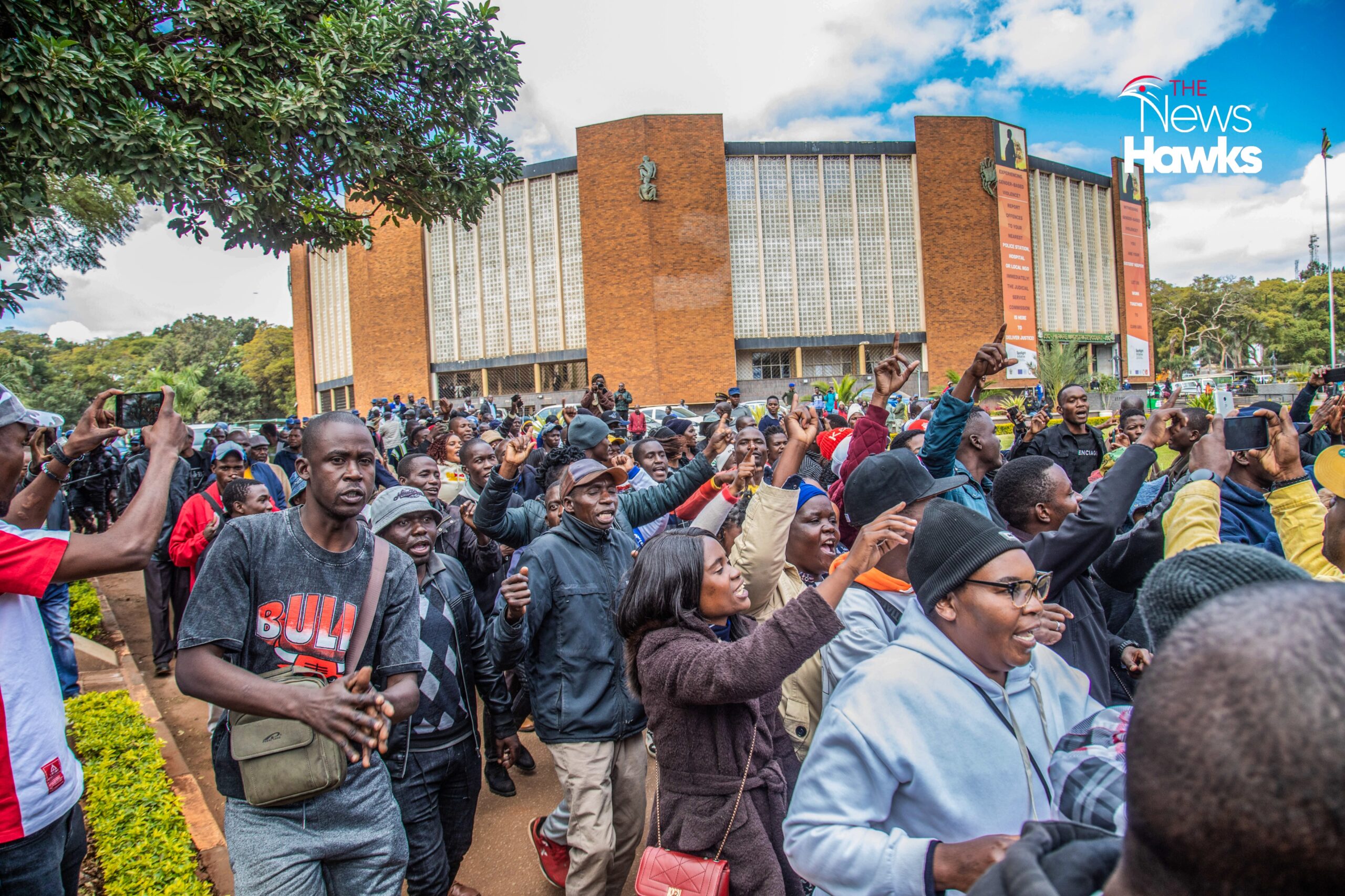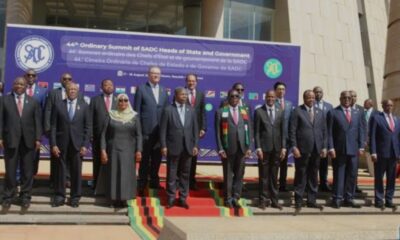BRENNA MATENDERE
CIVIL society organisations coalescing under the banner of Southern African People’s Solidarity Network (SAPSN) delivered a damning communique to Sadc heads of state and government, urging them to preserve open constitutional democracy within the bloc amid a growing crackdown of human rights defenders and opposition activists in Zimbabwe.
The development came after citizens and civil society actors from Southern Africa’s 16 countries gathered in Zimbabwe under the banner of the Sadc People’s Summit.
The event was hosted by SAPSN with support from various civil society organisations.
SAPSN welcomed over 500 people representing mining communities, youths, farmers, religious leaders and faith organisations, women’s rights groups and people with disabilities, informal economy workers, human rights defenders and various other social movements during the annual People’s Summit in Harare, held between 15-16 August 2024.
The summit was held under the theme: “Reclaiming Sadc for Peoples Development: Building People Power, Voice and Agency towards Democracy and Inclusion.’’
At a Press conference in Harare, Janet Zhou, SAPSN secretary-general, said the network was inspired and guided by the biblical scripture, Isaiah 1:17 which says, “Learn to do good, seek justice, defend the oppressed, bring justice to the fatherless, plead to the widow’s cause.”
Part of the communique presented by the solidarity network to Sadc leaders reads: “Taking note of shrinking civic space in some member states across the region, we call on all Sadc Heads of State and Government to preserve open and constitutional democracies. We advocate for the establishment of sustainable living conditions for all people, to acknowledge the essential connection between political stability and economic prosperity.
“We urge the Sadc Heads of State and Government to: · Strengthen regional electoral systems to encourage broad participation from marginalised groups and improve dispute resolution to restore confidence in democracy, while enhancing legal and institutional frameworks to protect human rights, ensure judicial independence, combat corruption, and uphold transparency and accountability in governance.
“The network called for the repeal of laws that restrict freedoms of expression, assembly, and association to ensure the safety of human rights defenders.
“…establish a taskforce to review and revise restrictive laws affecting civil society and human rights defenders. Support local governments through devolution and decentralisation, ensuring the inclusion of marginalised groups especially women, youth, and people with disabilities in governance processes, and increase avenues for citizen involvement in decision making,” reads the communique, adding: “GuaranSolidarity network slams throttling of democracy Southern African People’s Solidarity Network secretary-general Janet Zhou since then. tee universal access to water, sanitation, and health services by investing in infrastructure and reform public sector institutions to improve service delivery and reduce bureaucracy.”
In Zimbabwe, four pro-democracy activists — Robson Chere, Samuel Gwenzi, Vusumuzi Moyo, and Namatai Kwekweza — are facing prosecution on disorderly conduct charges following their arrest on 31 July 2024, for allegedly participating in a protest against the imprisonment of opposition activists in late June.
Anti-riot police were deployed to disperse the dozens of CCC followers and students who thronged the Harare magistrates’ court building in solidarity with the CCC party’s faction leader Jameson Timba and 78 opposition activists, seized from the veteran politician’s Harare home over accusations of attending an unsanctioned gathering.
The 79 were denied bail by magistrate Ruth Moyo who said the activists were likely to commit similar offences if released on bail and they have been behind bars Zimbabwe’s political and security environment is increasingly becoming repressive and volatile, with basic liberties under threat and more draconian legislation being introduced.
The government — evidently paranoid and feeling under siege — ran a draconian security operation, mainly in the capital Harare, an opposition stronghold, around the clock to prevent gatherings of people amid fears of protests ahead of the Sadc summit.











